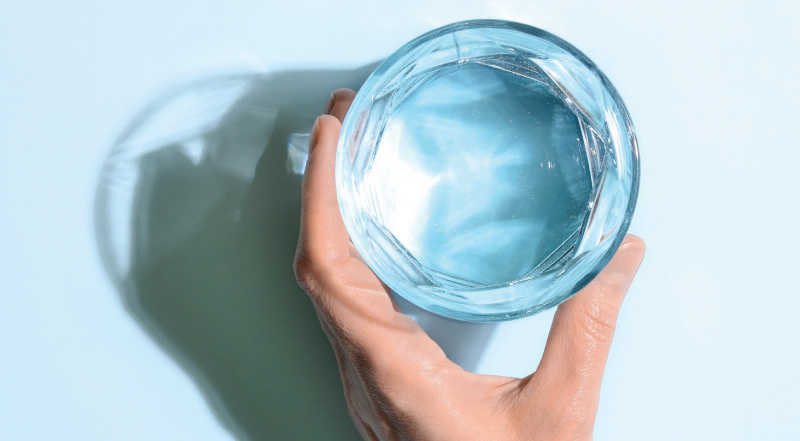
Pre-register now
Get notified once StepChain is available
and benefit from 1,000 STEP points
and benefit from 1,000 STEP points

.jpg)
We already know that working out and drinking water come hand in hand to ensure proper muscle recovery. Your coach keeps on reminding you to drink water during and after your workout for a good reason. Other than giving your body the hydration it lost by sweating, hydration is essential to give your muscles enough nutrients to recover. Water also regulates your body temperature, rids it of waste, and delivers enough oxygen and nutrients to your cells. All of these contribute to keeping your body’s working well even after a tiring workout session. In this article, we will better understand the importance of hydration for workout recovery.

1. Muscular repair
Muscles are the main hero of the whole workout process, and they deserve enough attention and care after every session. Exercising breaks down your muscles as part of the process of making them stronger, however, this can’t be achieved without the rebuilding phase that requires muscle protein synthesis. This phase happens when the muscles are hydrated with enough water and liquids. On the other hand, dehydrated muscles especially after an injury will recover in a very slow manner compared to hydrated muscles. Also, the protein synthesis that rebuilds muscles will slow down and could stop when you do not drink enough fluids. So make sure that you drink enough water before, during, after your workouts and especially if you are injured.

2. Digestion
What we already know about digestion, is that the body turns carbohydrates into glucose (a form of sugar) that is used for energy. Glucose is then converted into glycogen, which is another form of sugar that is stored easily in the muscles and the liver to release instant energy. The latter is a nutrient that is deemed essential for muscle recovery, for this reason, it is crucial to consume a nutritionally balanced meal after exercising. Here comes the role of water; it has a major role in the process of digestion. Saliva can help digest and absorb nutrients that you consume. It breaks down the food at the early stages of the digestion process. When you rehydrate well after injuries, your digestive process will be supported, helping your muscles recover better.

3. Reduced fatigue
Fatigue is considered a common sign of dehydration. Being dehydrated means that the blood volume is decreasing, pushing the heart to work harder to pump blood and helping it reach all parts of the body, as they all need nutrients and oxygen to operate. Therefore, drinking water and staying hydrated, helps the body fight fatigue by allowing more oxygen to reach out to all the parts of the body. Finally, struggling with fatigue will decrease the recovery process as well as the motivation level to be active.

4. Heart rate recovery
In a study conducted in 2012 about the role of hydration in exercise and health, the results showed that water has a huge effect on recovery. In an experiment the study applied, participants had to do a 90 minute run on a treadmill. Divided into two groups, the first had to drink water during and after the workout, whereas the second did not drink anything. The results of the experiments showed that the people who drank water had a faster heart recovery after the workout than those who drank nothing. This is an indication that their bodies were faster at recovering from the stress of exercising.
Source:
https://www.goodyearhealth.com/resources/blog/importance-of-hydration-on-recovery/
2 Comments
EVEREST MOSS
GUILLERMO MANNING